A series of developmental sessions for academics and businesses wishing to further their understanding of KTPs will be taking place monthly Moving between Talbot and Lansdowne Campus.
Sometimes organisations can see an opportunity for growth, something that will supercharge their business, but they don’t quite know where or how to start. That’s when a Knowledge Transfer Partnership could help.
Imagine having a specialist graduate, post-graduate or PhD student working closely with an expert academic, focused solely on bringing your idea to life. And having the UK Government fund a large proportion of that work. Often heralded as the World’s best kept secret, Knowledge Transfer Partnerships (KTPs) turn 50 this year. That makes them the UK government’s longest running and most successful innovation funding programme, investing £50m each year in R&D projects across a full range of sectors and business sizes. And companies that participate in a KTP programme are shown to grow at an exponential rate.
As part of ongoing work to grow our KTP numbers and to coincide with their milestone birthday, we are hosting a series of developmental sessions for staff (and businesses) to debunk myths, provide insights, and forge connections. These will take place once a month between October 2024 and May 2025 on Wednesday afternoons.
With 1 – 1 bookable sessions afterwards with faculty Business Engagement and Knowledge Exchange Managers and KTA, Stephen Woodhouse:
Rachel Clarke (BUBS): rclarke@bournemouth.ac.uk
Finn Morgan (SciTech): fmorgan@bournemouth.ac.uk
Matt Desmier (FMC): mdesmier@bournemouht.ac.uk
Mary-Ann Robertson (HSS): mrobertson@bournemouth.ac.uk
Wednesday 23rd October, 1.00pm to 2.00pm, PG22 (Ground Floor Poole House)
Industrial Engagement – Finding partner businesses and growing your portfolio
https://www.eventbrite.co.uk/e/ktp-development-session-tickets-1040485047787
Wednesday 20th November, 1.00pm to 2.00pm, BG315 (Bournemouth Gateway Building)
Telling a compelling story: Developing a coherent and convincing KTP application
https://www.eventbrite.co.uk/e/ktp-development-sessions-tickets-1040509119787
Wednesday 18th December, 1.00 to 2.00pm, FG04 (Fusion)
Strategic planning: Aligning & communicating ambition – tools to ensure systematic design capture, encourage engagement and promote co-formulation of the project
https://www.eventbrite.co.uk/e/ktp-development-session-tickets-1040545909827
Wednesday 22nd January, 1.00pm to 2.00pm, F305 (Fusion)
Developing an evidence-led business case: Co-formulation of financial forecasts, risk analysis of differentiated growth, and identification of impact – persuading assessors
https://www.eventbrite.co.uk/e/ktp-development-session-tickets-1040559751227
Wednesday 19th February, 1.00pm to 2.00pm, BG315 (Bournemouth Gateway Building)
Public sector KTPs: Developing the ‘business case’ – Providing persuasive evidence of impact
https://www.eventbrite.co.uk/e/ktp-development-session-tickets-1041847191997
Wednesday 19th March, 1.00pm to 2.00pm, F105 (Fusion)
Fiduciary responsibility – Evaluation of company accounts, demonstration of financial strength, suitability of company finances & eligibility for KTP scheme
https://www.eventbrite.co.uk/e/ktp-development-session-tickets-1041848094697
Wednesday 23rd April, 1.00pm to 2.00pm, BG315 (Bournemouth Gateway Building)
Developing successful applications: Driving-up your success rate – Why some applications fail – examination of Competition assessments and feedback, Moderation Panels and results
https://www.eventbrite.co.uk/e/ktp-development-sessions-tickets-1041865918007
Wednesday 21st May, 10.00am to 11.00am, BG306 (Bournemouth Gateway Building)
The SHAPE of KTPs: Social sciences, Humanities and Arts for People and the Economy
https://www.eventbrite.co.uk/e/ktp-development-session-tickets-1043931606537
Wednesday 21st May, 1.00pm to 2.00pm, FG04 (Fusion)
The SHAPE of KTPs: Social sciences, Humanities and Arts for People and the Economy
https://www.eventbrite.co.uk/e/ktp-development-session-tickets-1041863651227
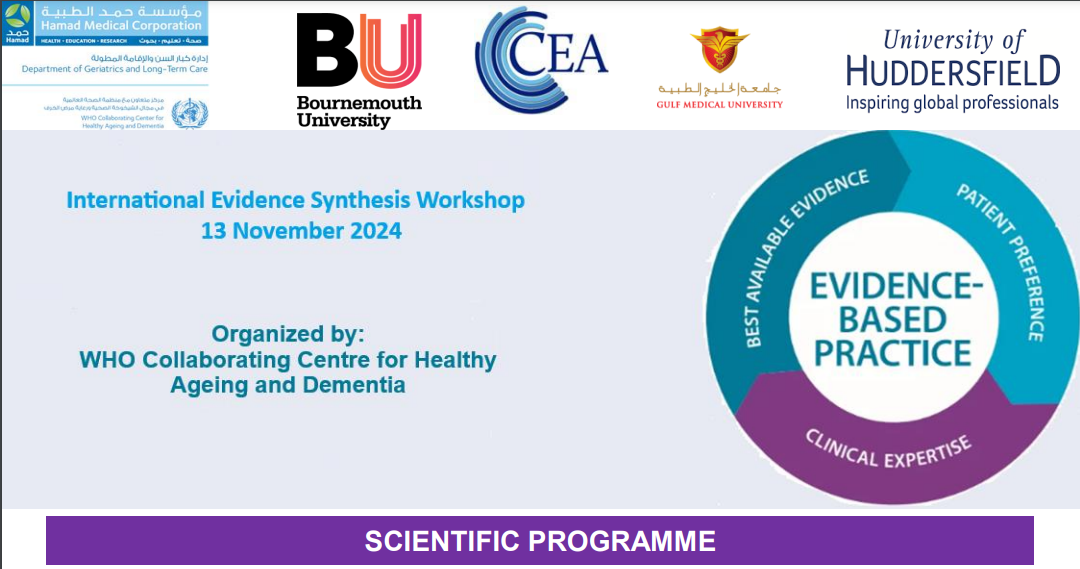 Early next week Prof. Edwin van Teijlingen from the Centre for Midwifery & Women’s Health (CMWH) has been invited to present online at the International Evidence Synthesis Workshop on November 13th in Qatar. His presentation will focus on key aspects of writing up systematic reviews. The workshop is organised by the WHO (World Health Organization) Collaborating Centre for Healthy Ageing and Dementia.
Early next week Prof. Edwin van Teijlingen from the Centre for Midwifery & Women’s Health (CMWH) has been invited to present online at the International Evidence Synthesis Workshop on November 13th in Qatar. His presentation will focus on key aspects of writing up systematic reviews. The workshop is organised by the WHO (World Health Organization) Collaborating Centre for Healthy Ageing and Dementia. 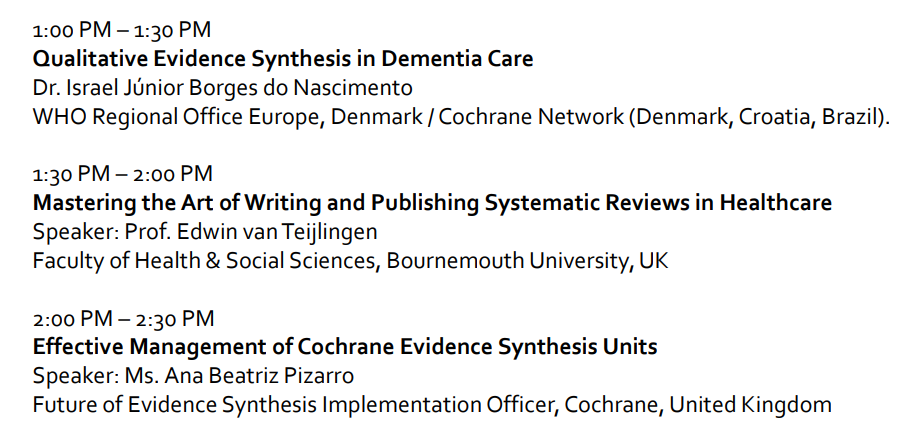



 RKEDF: Early Career Researcher Network – Introduction/New to BU
RKEDF: Early Career Researcher Network – Introduction/New to BU


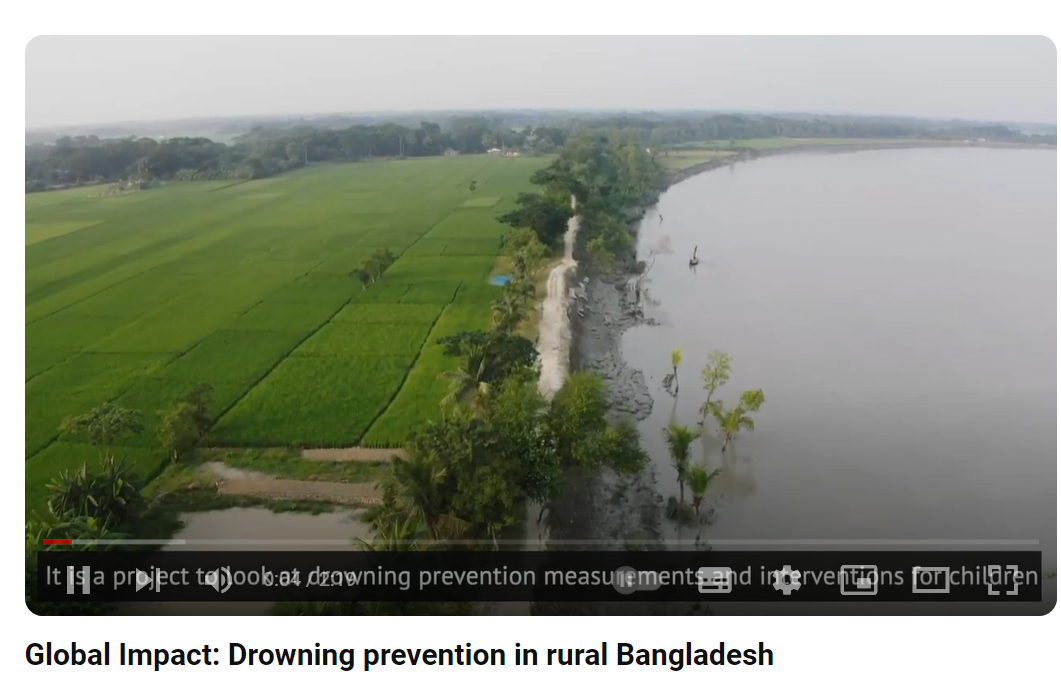

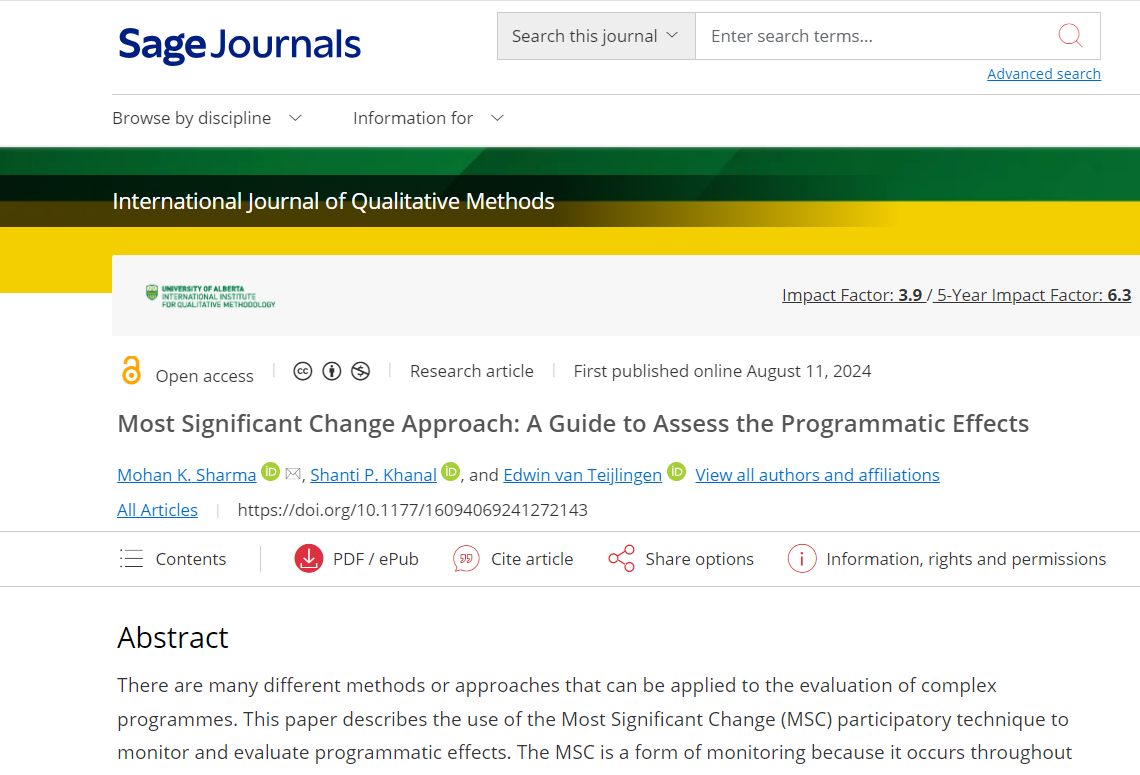
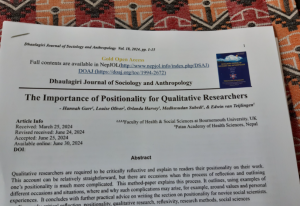

 We have 121 slots available with Carys Davis, of
We have 121 slots available with Carys Davis, of 

 There’s still time to book your place for the
There’s still time to book your place for the 










 REF Code of Practice consultation is open!
REF Code of Practice consultation is open! BU Leads AI-Driven Work Package in EU Horizon SUSHEAS Project
BU Leads AI-Driven Work Package in EU Horizon SUSHEAS Project Evidence Synthesis Centre open at Kathmandu University
Evidence Synthesis Centre open at Kathmandu University Expand Your Impact: Collaboration and Networking Workshops for Researchers
Expand Your Impact: Collaboration and Networking Workshops for Researchers ECR Funding Open Call: Research Culture & Community Grant – Apply now
ECR Funding Open Call: Research Culture & Community Grant – Apply now ECR Funding Open Call: Research Culture & Community Grant – Application Deadline Friday 12 December
ECR Funding Open Call: Research Culture & Community Grant – Application Deadline Friday 12 December MSCA Postdoctoral Fellowships 2025 Call
MSCA Postdoctoral Fellowships 2025 Call ERC Advanced Grant 2025 Webinar
ERC Advanced Grant 2025 Webinar Update on UKRO services
Update on UKRO services European research project exploring use of ‘virtual twins’ to better manage metabolic associated fatty liver disease
European research project exploring use of ‘virtual twins’ to better manage metabolic associated fatty liver disease